Eight signals from far-off stars probably aren’t aliens, but the machine learning method that found them holds promise in the search for real extraterrestrials.
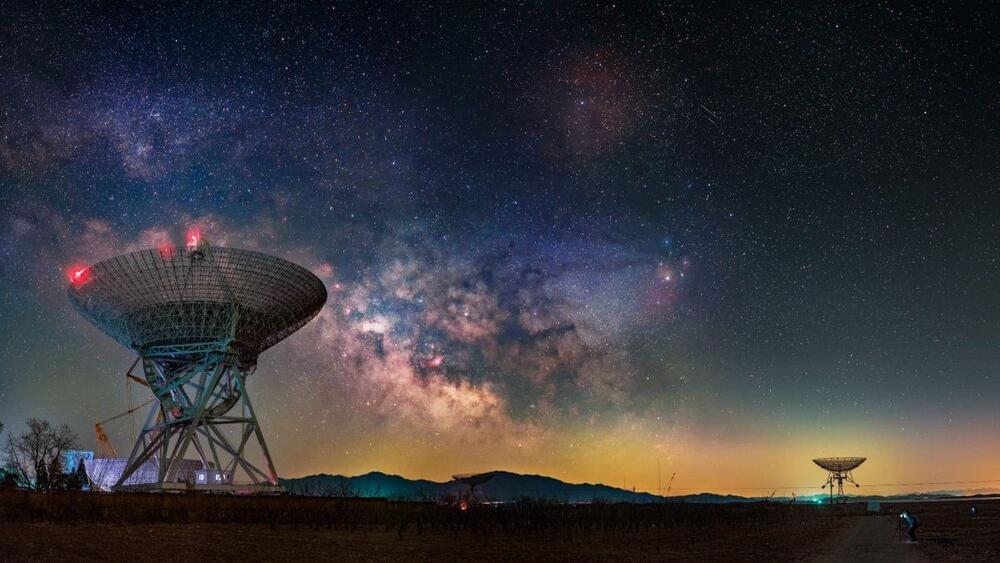

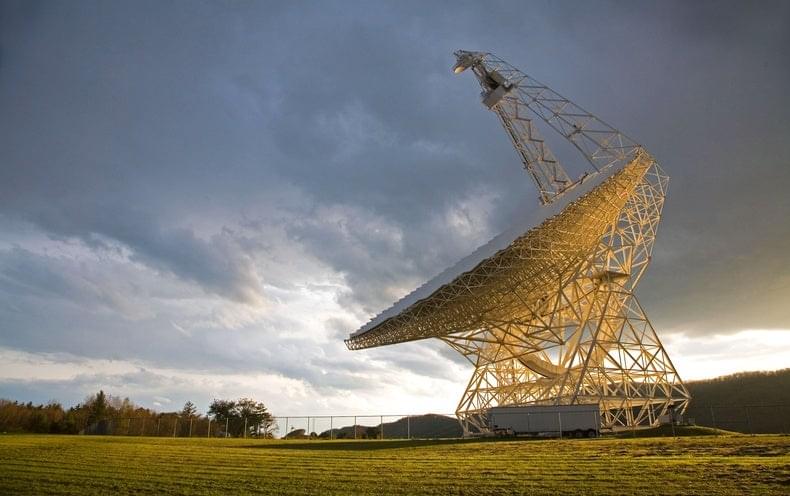
Renowned physicist Neil Turok, Holder of the Higgs Chair of Theoretical Physics at the University of Edinburgh, joins me to discuss the state of science and the universe. is Physics in trouble? What hope is there to return to more productive and Simple theories? What is Peter Higgs up to?
Neil Turok has been director emeritus of the Perimeter Institute for Theoretical Physics since 2019. He specializes in mathematical physics and early-universe physics, including the cosmological constant and a cyclic model for the universe.
He has written several books including Endless Universe: Beyond the Big Bang and The Universe Within: From Quantum to Cosmos.
00:00:00 Intro.
00:03:28 What is the meaning of Neil’s book cover?
00:06:46 The Nature of the Endless Universe.
00:14:31 What would happen to James Clerk Maxwell and Michael Faraday on Twitter?
00:16:10 What’s wrong with physics today?
00:20:06 How did Neil’s life change after his theory was proven wrong?
00:23:28 Neil shows us fundamental laws of the Universe in equations.
00:33:59 How well do our modern equations satisfy the conditions of the observable Universe?
00:56:29 How is the Universe simple?
01:20:01 Can Neil’s model explain flatness without inflation?
01:54:54 Existential Questions on the meaning of life, advice to his former self, and things he’s changed his mind on.
Join this channel to get access to perks:
https://www.youtube.com/channel/UCmXH_moPhfkqCk6S3b9RWuw/join.
📺 Watch my most popular videos:📺

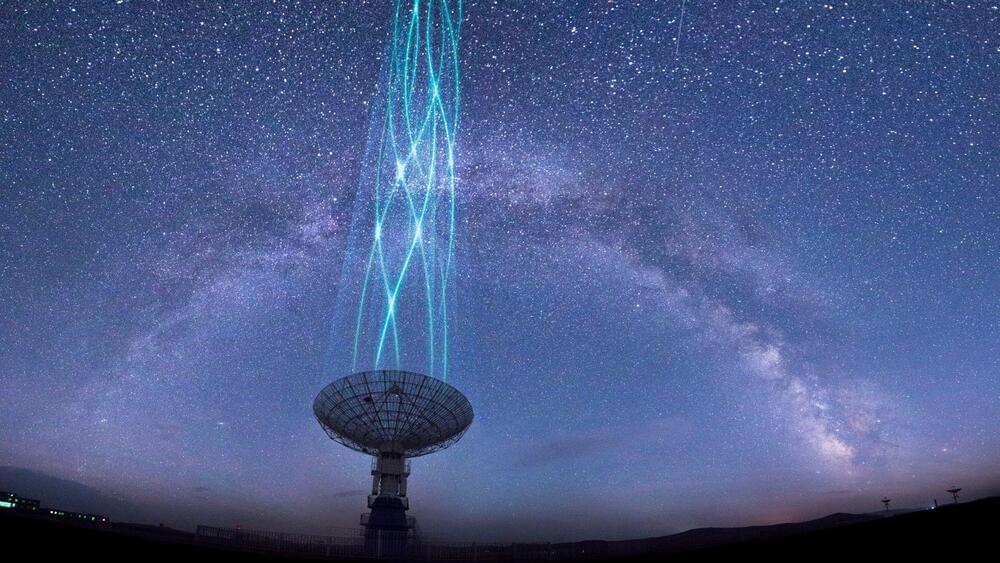
Is this the breakthrough the world has been waiting for from the Search for Extraterrestrial Intelligence Institute?
A scientist, Peter Ma, has applied machine learning and artificial intelligence to data collected by the Search for Extraterrestrial Intelligence (SETI) Institute, a press statement reveals.
Algorithm finds 8 promising signals that could be of alien origin.
Honglouwawa/iStock.
Based on initial results, there is a slight chance the new method may have unearthed non-Earth-based “technosignatures”. That would mean it had achieved SETI’s goal of finding signs of extraterrestrial intelligence.
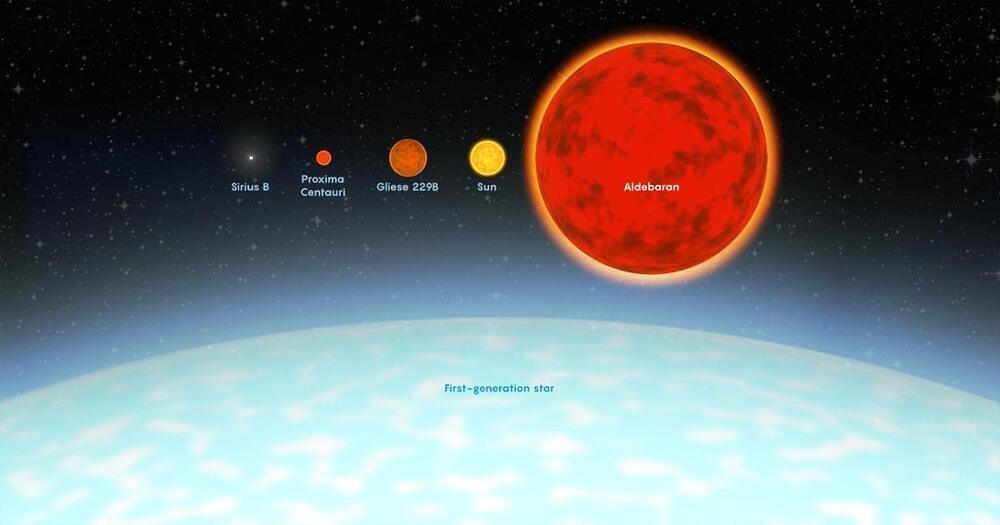
A group of astronomers poring over data from the James Webb Space Telescope (JWST) has glimpsed light from ionized helium in a distant galaxy, which could indicate the presence of the universe’s very first generation of stars.
These long-sought, inaptly named “Population III” stars would have been ginormous balls of hydrogen and helium sculpted from the universe’s primordial gas. Theorists started imagining these first fireballs in the 1970s, hypothesizing that, after short lifetimes, they exploded as supernovas, forging heavier elements and spewing them into the cosmos. That star stuff later gave rise to Population II stars more abundant in heavy elements, then even richer Population I stars like our sun, as well as planets, asteroids, comets and eventually life itself.
An exploration of 10 Reasons Aliens Might Not Contact Earth and what that might mean for SETI and science in general, and also the Fermi Paradox.
My Patreon Page:
https://www.patreon.com/johnmichaelgodier.
My Event Horizon Channel:
https://www.youtube.com/eventhorizonshow.
Music:
Thank you to Brilliant for Supporting PBS. To learn more go to https://brilliant.org/SpaceTime/
PBS Member Stations rely on viewers like you. To support your local station, go to: http://to.pbs.org/DonateSPACE
Sign Up on Patreon to get access to the Space Time Discord!
https://www.patreon.com/pbsspacetime.
Life as we know it is carbon-based, but does it have to be this way? There’s another element on the periodic table that shares some of the key properties of carbon but is far more abundant on most planets. I’m talking about silicon. So is there silicon-based life out there?
Check out the Space Time Merch Store.
https://www.pbsspacetime.com/shop.
Sign up for the mailing list to get episode notifications and hear special announcements!
An exploration of the idea that life can actually cause the extinction of previously existing life.
My Patreon Page:
https://www.patreon.com/johnmichaelgodier.
My Event Horizon Channel:
https://www.youtube.com/eventhorizonshow.
Cylinder Eight by Chris Zabriskie is licensed under a Creative Commons Attribution 4.0 license. https://creativecommons.org/licenses/by/4.0/
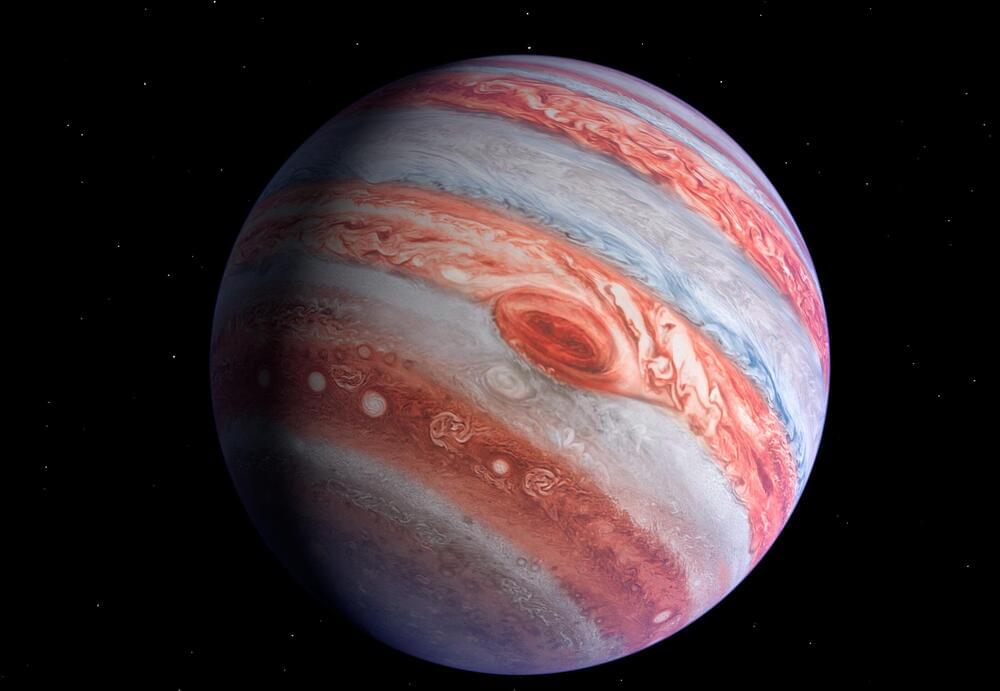
Meteorites have told Imperial researchers the likely far-flung origin of Earth’s volatile chemicals, some of which form the building blocks of life.
They found that around half the Earth’s inventory of the volatile element zinc came from asteroids originating in the outer solar system—the part beyond the asteroid belt that includes the planets Jupiter, Saturn, and Uranus. This material is also expected to have supplied other important volatiles such as water.
Volatiles are elements or compounds that change from solid or liquid state into vapor at relatively low temperatures. They include the six most common elements found in living organisms, as well as water. As such, the addition of this material will have been important for the emergence of life on Earth.